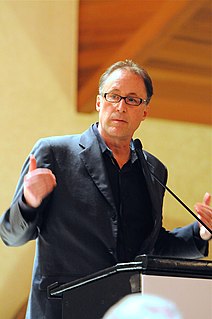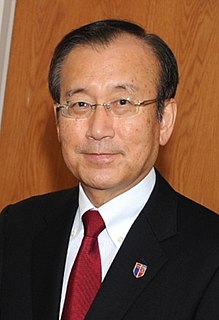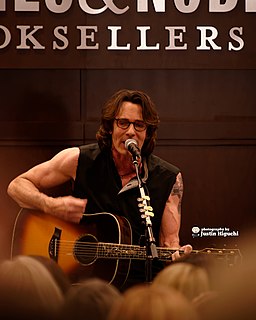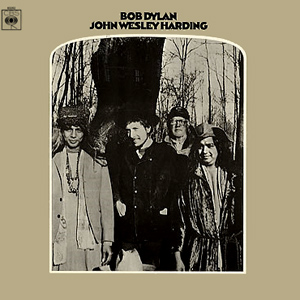A Quote by Hampton Sides
Probably the biggest influence on my career was the late John Hersey, who, while he was at 'The New Yorker,' wrote one of the masterpieces of narrative non-fiction, 'Hiroshima.' Hersey was a teacher of mine at Yale, and a friend. He got me to see the possibility of journalism not just as a business but as an art form.
Related Quotes
One of my favorite pieces of advice about being a writer came from a very formative teacher I had as an undergraduate, named John Hersey. On our last day of class together, which was also John Hersey last day before retirement, he said, "Remember, the world doesn't need any new writers." Which at first didn't seem like great advice, but when you unpacked it, it was really that it's not enough to be confident in what you do; be conscious of bringing something to the world of readers and writers that it hasn't seen before. Something idiosyncratic.
In some ways more painful is the fact that their experience appears to be fading from the collective memory of humankind. Having never experienced an atomic bombing, the vast majority around the world can only vaguely imagine such horror, and these days, John Hersey's Hiroshima and Jonathan Schell's The Fate of the Earth are all but forgotten. As predicted by the saying, 'Those who cannot remember the past are condemned to repeat it,' the probability that nuclear weapons will be used and the danger of nuclear war are increasing.
I've been writing for a long time, since the late '60s. But it hasn't been in the same form. I used to write scripts for television. I wrote for my comedy act. Then I wrote screenplays, and then I started writing New Yorker essays, and then I started writing plays. I didn't start writing prose, really, until the New Yorker essays, but they were comic. I didn't start writing prose, really, until the '90s. In my head, there was a link between everything. One thing led to another.
The only good grades I ever got in school before I was kicked out were for creative writing. I thought that fiction might be in my future but then my career took a different path once the Beatles showed me what a blast being in a band could be. Writing my memoir Late, Late at Night reminded me how much I love the craft. So I decided to give fiction a shot again.Magnificent Vibration is the result. I’m still not quite sure where it came from, but once I got going, it practically wrote itself. I’ve heard writers I admire speak of that phenomenon, so maybe I’m on the right track.
A friend of mine pointed out to me, "Why do you separate your writing and your music?" I got (writers) Rick Moody and Jonathan Ames to do the first one, and it just kind of gathered steam; then NPR picked it up. It is a nice way for me to marry both sides of my career, a move that's probably culminated in me dropping the name John Wesley Harding.
I'm aware of narrating certain experiences as they happen or obliterating those experiences with narrative and then those stories - not the experiences themselves - might become material for art. This kind of transformation shows up a lot in 10:04 because the book tracks the transposition of fact into fiction in the New Yorker stor
Another example of what I have to put up with from him. But there was a time I was mad at all my straight friends when AIDS was at its worst. I particularly hated the New Yorker, where Calvin [Trillin] has published so much of his work. The New Yorker was the worst because they barely ever wrote about AIDS. I used to take out on Calvin my real hatred for the New Yorker.
A friend of mine urged me to see my pain as an opportunity. And since the same psychic that contacted Dion Fortune had told me that I was a "teacher" - she didn't mean at Columbia, she meant in the spiritual sense - I decided my affliction was the universe telling me that it was time to stop writing fiction and become the spiritual guru I was clearly meant to be.
I've - that I regret. That was stupid and ignorant on my part. I went to a party as a guest of a friend of mine, a lawyer. And he had a client who I didn't know, except - maybe I'm pretending I didn't know, but he was a big investor in The New Yorker. And as I found out later in a book about The New Yorker, this guy was very unhappy about [Bill] Shawn.He thought Shawn was spending out - spending too much money on writers.






































